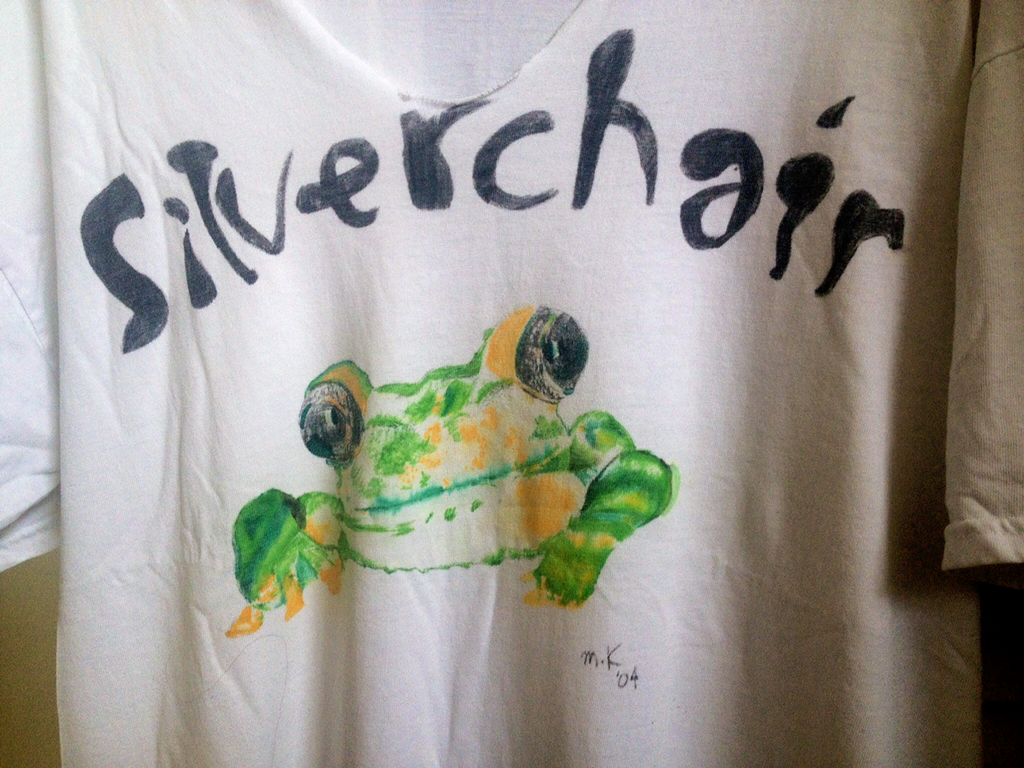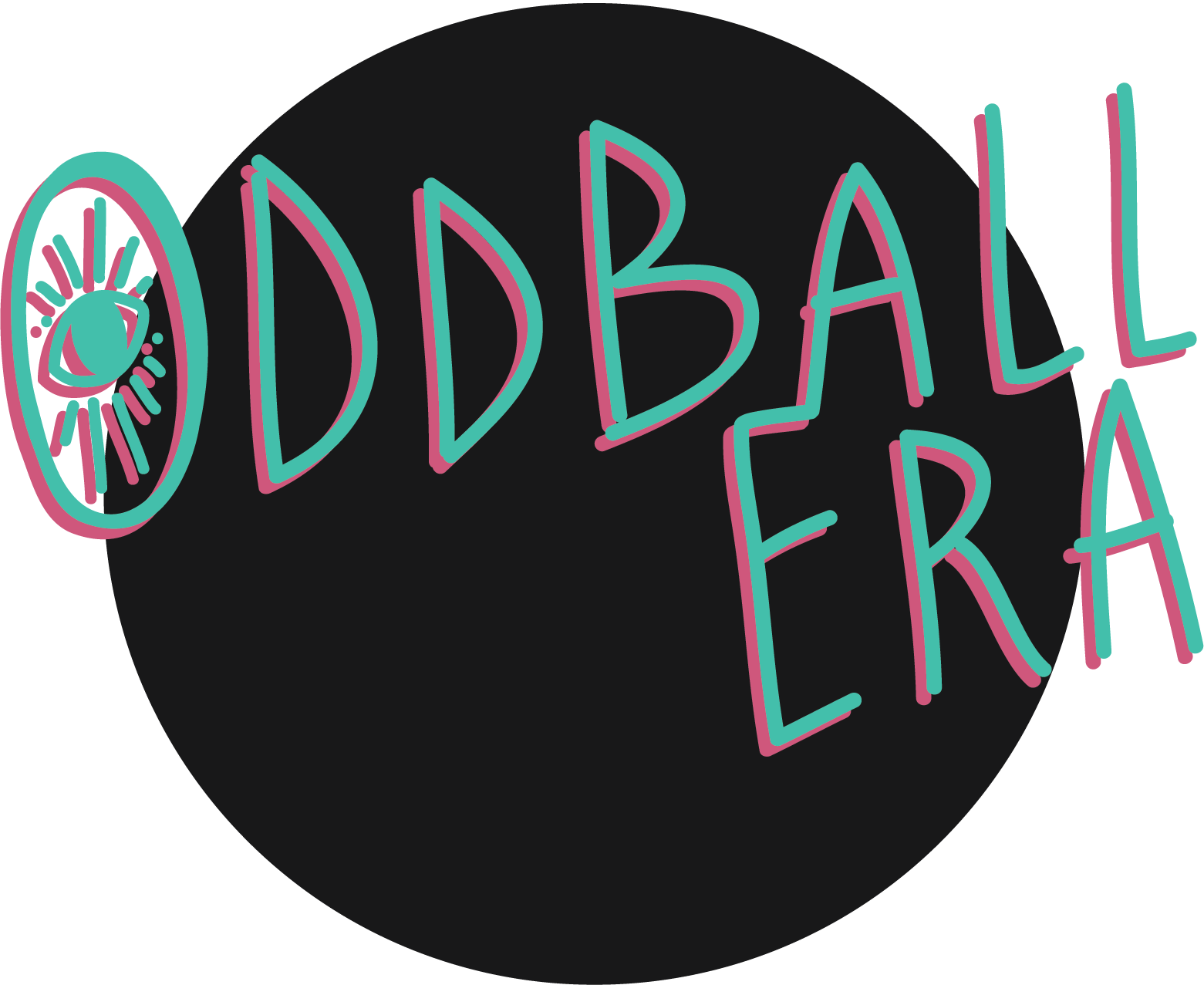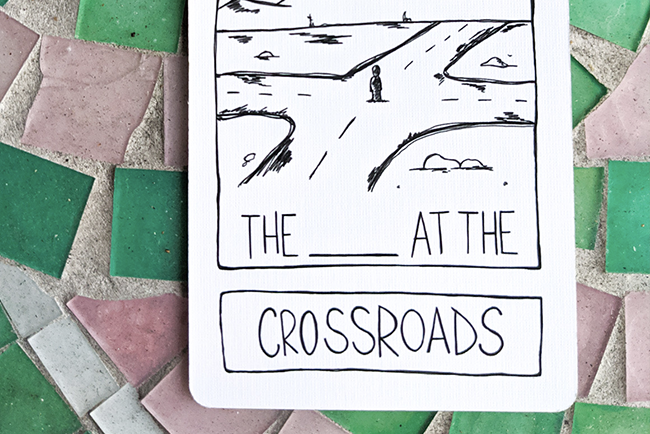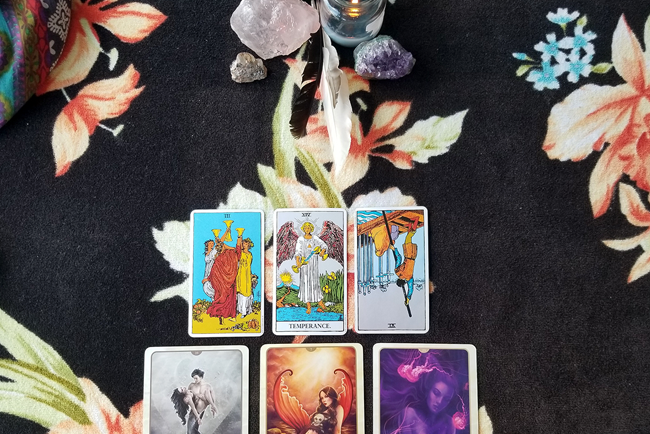
I must confess. I started listening to my favorite band because (big embarrassing confession time) my widdle tween crush, Billy from Good Charlotte, loved them.
By the time I’d tuned in they had just taken a hiatus when their musical genius guitarist and singer ran into some medical issues just after finishing up their fourth album. I figured I’d give them a shot, being impressed with the fact that the three members achieved pretty decent success at the ripe old age of fifteen years.
The first track I heard was “Israel’s Son,” from their debut, Frogstomp, which came out in 1995. My dad saw them when they opened for Van Halen one summer before I’d ever listened and I spent a few years being jealous of him for that. Of their first album I thought it a simple grunge offering, albeit one from the land down under. The aforementioned front man, Daniel Johns, was accompanied by his buddies Ben Gillies (drums) and Chris Joannou (bass) in achieving the great American music title of being a One Hit Wonder with “Tomorrow” which you might catch occasionally on whatever alternative rock stations are still hiding out in the airwaves. The gents wrote most of their tracks based off what they drew from the news and media. It was basic and simple and as an angst riddled kid of the odd ball era I related to the grit of it. And I liked the album art enough to grow an obsession with collecting frogs. Our Queen Bee Maria made the pictured t-shirt with fabric paint pens back in 2004. I still wear it today.
The following album, Freakshow (’97), was much of the same. I digged them a lot but I didn’t love them. Good Charlotte was still eons better. I mean, these guys were pretty much just Australia’s response to Nirvana, right? Couldn’t possibly beat the pop punk wave I was riding.
Then I made a crucial decision. I bought Neon Ballroom (1999) — again, it was another Billy thing, I think he had a tattoo of the cover — and Diorama (2002). But these albums hooked me — they were different. The band had become more … real. Lyrics were about honest struggles and emotions, many times at the expense of making sense. I remember this being a real point of contention between myself a fellow Silverchair fan, who argued their lyrics were mere gibberish to layer over the guitar, shouldn’t music be relatable? But for me, that was the magic of Silverchair. It all made sense to the songwriters, it was their collective moments of catharsis coming together and spilling over into the music world with beautiful harmonies and fancy strings. It was honest. It was new. There was a realness to what came underneath a whole load of musical experimentation. A willingness to be open and vulnerable with both their lyrical and musical depth. In my college years, fighting my way through an arts program, I thought maybe I could be that way, too, as a writer. Isn’t that what creativity should be? Artists, writers, musicians — they feel the things we all feel but are the only ones brave enough to bare it to the masses, the only ones strong enough to really feel.
Good Charlotte had fallen to the wayside. Silverchair had become my favorite band and they were here to stay.
After a long, unbearable, hiatus they returned in 2007 for a fifth album, Young Modern, and in a world before I had digital music I paid extra money to have the CD shipped from Australia because I couldn’t wait for the American release a handful of weeks later. Then they toured and I drove three hours to see them play at a House of Blues in Orlando. I squeezed up as close as I could manage, a bouncer just a few feet away from me waiting to push me back towards the bar at any sudden move. My partner in crime that trip couldn’t see a nanometer of the stage but declares, to this day, that watching my reactions was worth the price of admission.
In 2011 they delivered another crushing blow to my heart — the boys were taking an “indefinite hibernation” while they explored their musical options. Some pretty good projects developed as a result — The Dissociatives, Tambalane, The Mess Hall, and now Daniel John’s solo EP which came out on Friday — but it was never the same as my real love. Defeated by the notion that I’d never again enjoy new Silverchair music I settled into a long life of rewriting and producing my Diorama Broadway musical until the grave.
But what did I really gain from Silverchair other than freedom from a physical dependence for the sights and sounds of Billy Martin and Good Charlotte? As I teared through their discography, over and over — relating to their words, finding relief in their angst, getting lost in a great feedback solo or being blown away by a sweet vocal note — it became clear to me that not one of their albums sounds exactly the same, not at all. Because music was supposed to grow. Because people are supposed to grow. We’re not meant to stay the same forever and I try to carry that lesson with me through all aspects of life. But especially in music.

✺ Website ✺ Twitter ✺ Instagram ✺
★ Follow on Instagram @oddballera ✚ on Bloglovin' to keep up with this blog ★




